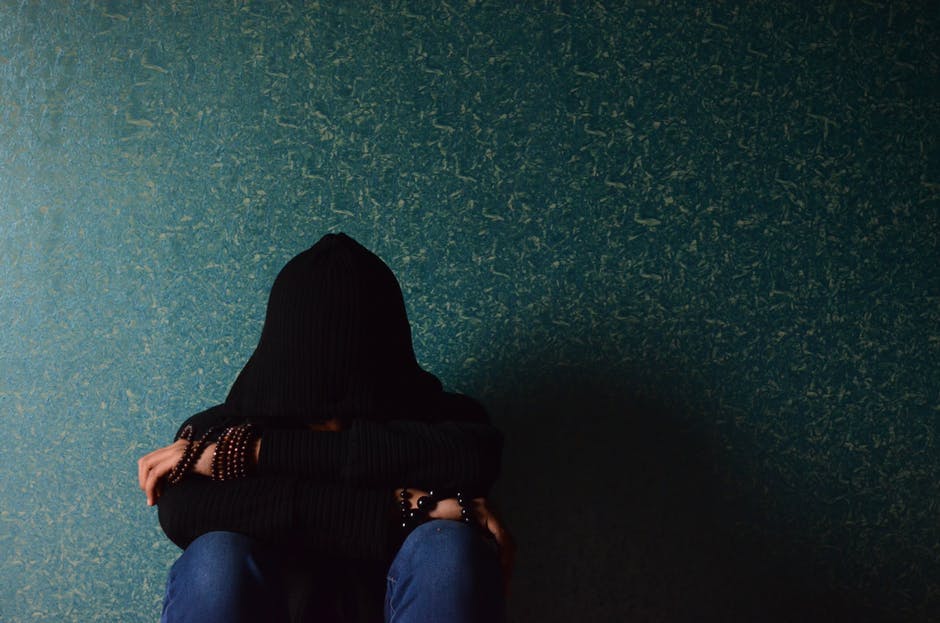Mental Health Stigma: The Elephant in the Room
Mental health is a topic that is both heavily discussed and not discussed nearly enough. There are quite a number of popular TV shows with characters that have a mental illness or exhibit symptoms of a mental illness. There is also a rising movement of wellness classes and groups as more and more people become aware of the importance of their mental health. That being said, I must clarify that mental health doesn’t refer to just mental illness as seems to be the general view, but to the cognitive and emotional well-being of a person. Even with all this interest in mental health, there is still a lot that just isn’t being talked about.
Defined simply, stigma is a negative stereotype. There are quite a number of negative stereotypes that are associated with mental illness that make it difficult for informed conversations to be held as well as for those suffering from a mental illness to seek and receive adequate help. As with all stereotypes, stereotypes associated with mental health tend to bunch people with a mental illness together rather than viewing them as individuals with a unique set of challenges. Stigma leads to the discrimination of people with a mental illness as they are ostracized, belittled and patronized.
Some of the stereotypes are unfortunately laced with culture and/or religion such as the belief that a mental illness is an evil spirit that needs to be exorcised or is the result of witchcraft. It is disconcerting that there are quite a number of cases in Kenya of severely mentally ill people that have not seen a medical professional because their loved ones believe it’s a spiritual matter and opt to take them to a pastor or to a witchdoctor. Suffice to say, there are many mentally ill people that are suffering unnecessarily because of the lack of knowledge of their caregivers.
Strangely, level of education doesn’t seem to reduce the level of prejudice as even the highly educated still hold negative stereotypes. One look at social media on any discussion that has anything to do with mental health will quickly reveal this. There is a lot of bravado from those who don’t suffer from a mental illness who somehow believe it’s because of their willpower. The stigma is also evident with the subtle muffling of voices that have the courage to speak up about the negative side of their illness against the tendency to amplify those voices that are more positive as they speak about their victory over a mental illness. Not to say that the latter isn’t important as it’s wonderful for those affected to see that it is possible to live with and manage a mental illness, but it shouldn’t be amplified at the expense of the stories of pain and ugliness that a lot of people face.
Majority of those suffering from a mental illness aren’t severely ill however, but the stereotypes associated with mental health make it difficult for them to speak about it or seek help. No one wants to be labelled ‘crazy’ or ‘unstable’ as this could see you lose your family, friends, job/source of income and make it difficult for you to succeed in the future. Because so many of the stereotypes are based on the extreme symptoms of mental illness, there is a prevailing attitude that if you are not exhibiting these symptoms then you are not really ill and you need to simply will yourself out of it. Depression is a target of this kind of thinking as sufferers are told to ‘snap out of it’. The consensus therefore becomes that those who don’t ‘snap out of it’ are emotionally immature and morally weak. This is evident in the sentiments around suicide that basically make out the person to be ‘a coward’ or ‘selfish’ completely disregarding their illness.
A big win for the stigma is the misinformation around the facts of mental health. There is nothing glamorous about mental illness, no matter what Hollywood says. Not all sufferers of mental illness are tortured geniuses. The trend to focus on the violent when it comes to mental illness is also an inaccurate depiction. Mentally ill people are more likely to be victims of violence than perpetrators of it and even when violent are more likely to harm themselves than harm others.
The biggest win for stigma however, is the deafening silence around discussion of the difficult aspects of mental health. Suicide is an incredibly sensitive topic. Personally, I can tell when someone on social media has taken their own life as the family and friends will not disclose the cause of death and will go out of their way to keep it that way. It may be out of shame (which would be a shame), shock or to protect the departed’s legacy or the family’s. This is understandable as there a lot of ignorant people who would use this opportunity to mudsling the departed causing further pain to their loved ones. What is not understandable is the continued silence afterwards. We don’t have to reveal the names of our friends/family members but why do we rarely hold public honest discussions about suicide and mental illness in general?
Perhaps I am reaching. Perhaps I am projecting. Perhaps I am struggling to make sense of the fact that the passion with which we fight against various social injustices like racism and misogyny seems to be difficult to muster when it comes to mental health stigma. Considering that the statistics are that 1 in 4 people is suffering from a mental illness, this isn’t something that can be easily ignored. Perhaps it’s the enormity of the task as mental illness is complicated and we still don’t understand many aspects of it. Perhaps it is the reality that there is no clear-cut way to deal with mental illness as it differs from one individual to the next and it requires continuous learning and discovery for all parties involved. Perhaps it is the fear that you could be there for someone day in day out and they end up still taking their own life. Perhaps it is the fatigue that can be the reality for caregivers. Perhaps it’s the helplessness in the realization that you can’t pray or wish away a mental illness. Whatever the reason(s), we must do better. We must seek to learn and do away with stereotypes especially those of us who really should know better. Anything less is what should be termed as morally weak.
http://www.mwendengao.com/2016/01/13/mental-health-stigma-the-elephant-in-the-room/#OpenMindKeHealthdepression,exorcism,Kenya,mental health stigma,prejudice,Religion,stereotypes,witchcraft




Most people keep off topics like Mental Health saying they are way too intense. This article is an eye opener.
Thank you for reading! Yes, it’s an unpopular topic but an important one that needs to be discussed more often.
My comment is on professionalism area. When you blog on topic/s that was copied elsewhere please site your source. Do not make another researcher work look like yours when it is not. With all the due respect this was not your research work. Im not here to discredit you but im here to help you. Its not you only. Alot of Kenyan bloggers copy paste other people work and make it look like its their work.
Remember your work is being read by communities including those who read similar print elsewhere.
Thanks
Hi Fredrick. Thank you for reading. That is a serious accusation you’re making. Kindly cite where it is that I have copied this from. My article is drawn from conversations with friends with a mental illness and my own personal experience as well as conversations with therapists.